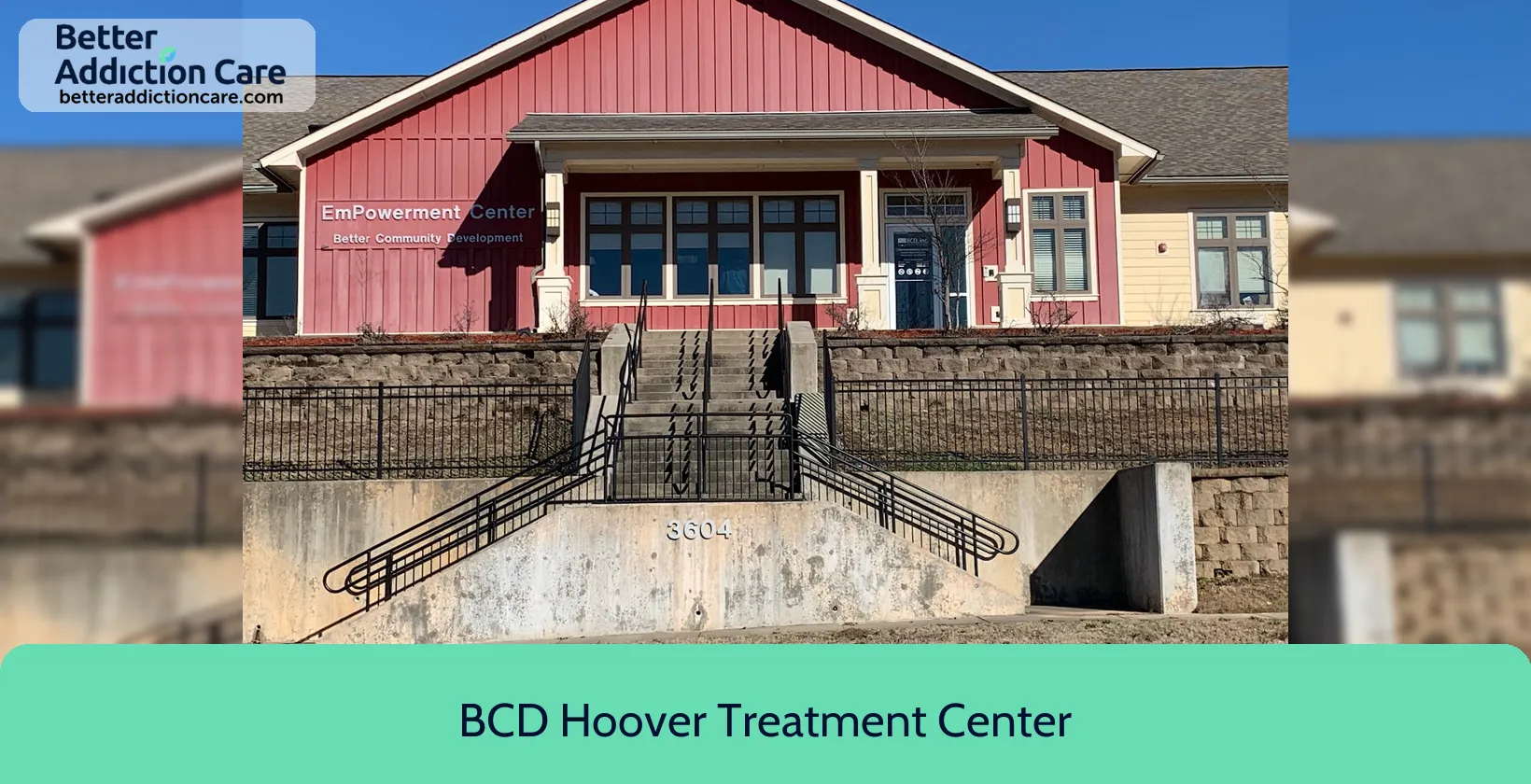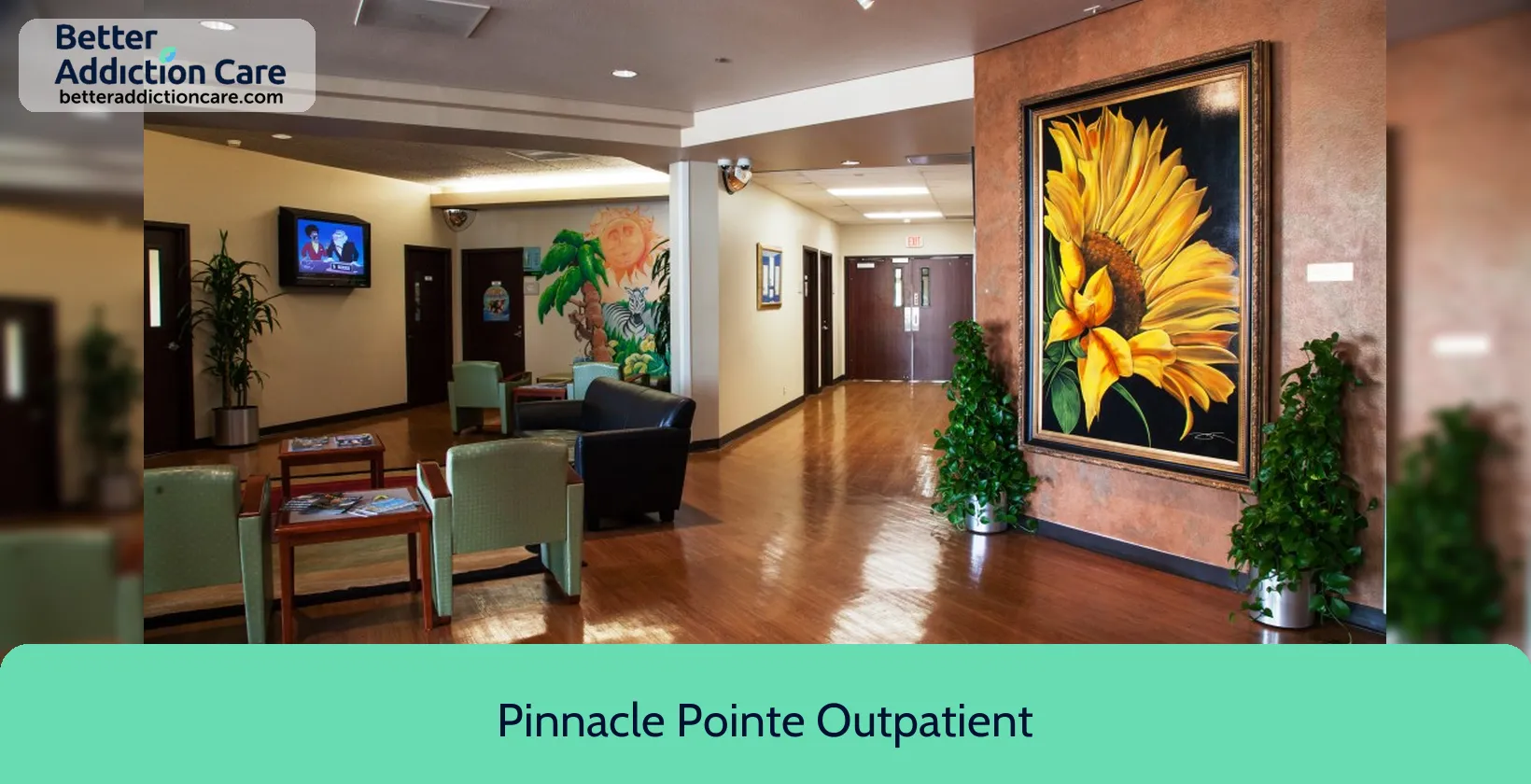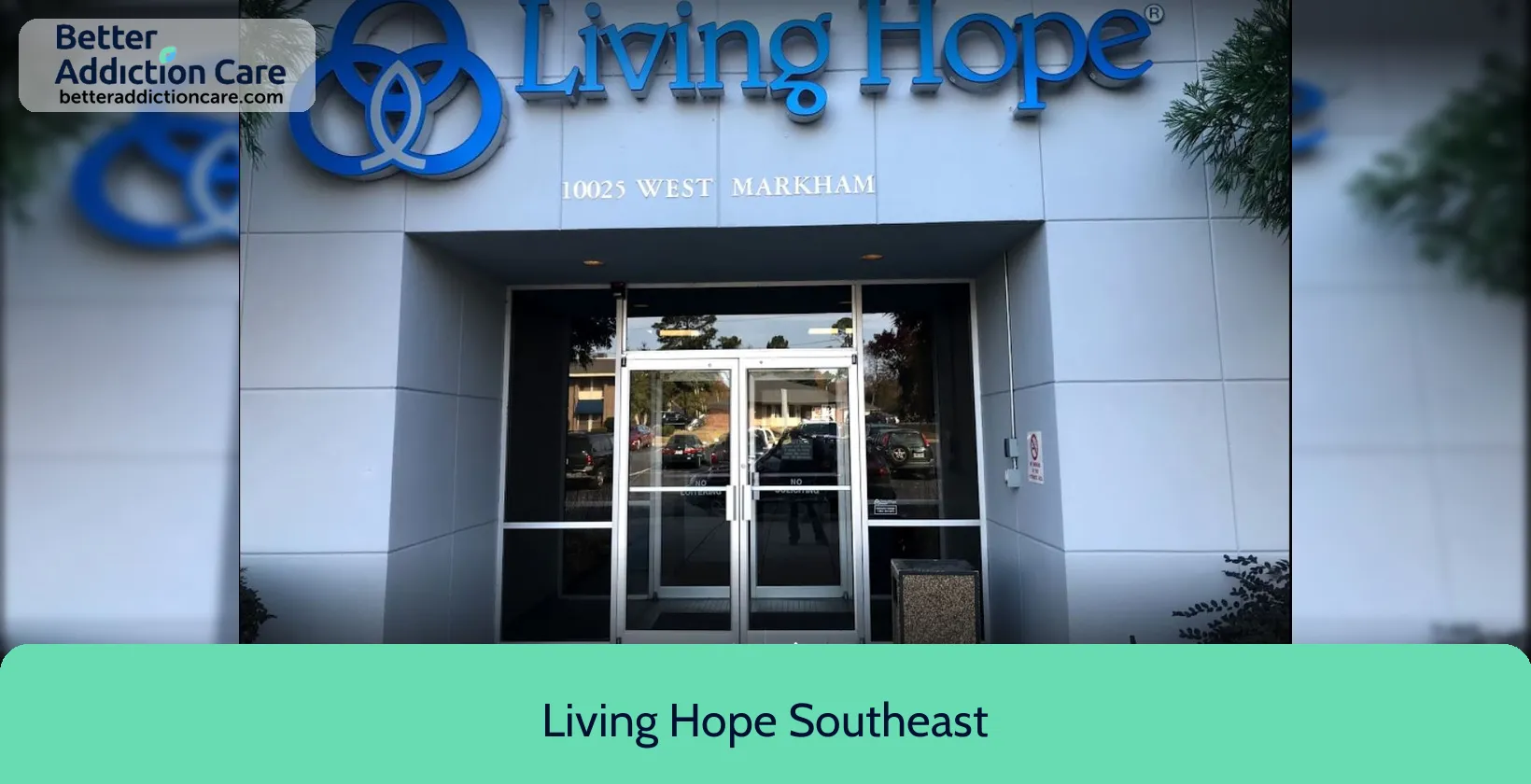Methodist Family Health Arkansas CARES

Overview
Methodist Family Health Arkansas CARES is a substance abuse treatment center for people seeking treatment near Pulaski County. As part of their treatment modalities for recovery, Methodist Family Health Arkansas CARES provides family counseling, nicotine replacement, and group counseling during treatment. Methodist Family Health Arkansas CARES is located in Little Rock, Arkansas, accepting medicaid for treatment.
Methodist Family Health Arkansas CARES at a Glance
Payment Options
- Medicaid
- Private health insurance
- State corrections or juvenile justice funds
- State education agency funds
- Cash or self-payment
Assessments
- Comprehensive mental health assessment
- Comprehensive substance use assessment
- Screening for tobacco use
- Interim services for clients
- Outreach to persons in the community
Age Groups
- Adults
- Children/adolescents
- Young adults
- Adolescents
Ancillary Services
- Case management service
- Court-ordered outpatient treatment
- Diet and exercise counseling
- Education services
- Family psychoeducation
Highlights About Methodist Family Health Arkansas CARES
7.54/10
With an overall rating of 7.54/10, this facility has following balanced range of services. Alcohol Rehabilitation: 8.00/10, Drug Rehab and Detox: 7.23/10, Insurance and Payments: 6.00/10, Treatment Options: 8.91/10.-
Treatment Options 8.91
-
Alcohol Rehabilitation 8.00
-
Drug Rehab and Detox 7.23
-
Insurance and Payments 6.00
Accreditations
State mental health department:
State mental health department accreditation refers to the process of evaluating and certifying the quality and standards of a state's mental health department, ensuring that it provides high-quality services and meets specific criteria for mental health care. The accreditation process is performed by a third-party organization and helps to improve the overall care and treatment of individuals with mental health conditions.
State department of health:

Government agencies issue State Licenses, granting permission to rehabilitation organizations to conduct their business operations lawfully within specific geographic regions. Generally, the particular rehabilitation programs offered by a facility and its physical location dictate the necessary licenses needed for legal operation.
The Joint Commission:

The Joint Commission accreditation signifies that a facility has met rigorous standards of excellence in patient care, treatment, and safety. It assures individuals and healthcare professionals that the accredited facility provides high-quality, evidence-based care for addiction and mental health issues, fostering trust and confidence in their services.
Treatment At Methodist Family Health Arkansas CARES
Treatment Conditions
- Mental health treatment
- Substance use treatment
- Co-occurring Disorders
- Alcoholism
Care Levels
- Outpatient
- Hospital inpatient treatment
- Partial Hospitalization Program
- Short-term residential
- Long-term residential
Treatment Modalities
- Family counseling
- Nicotine replacement
- Group counseling
- Experiential Therapy
- Marital/couples counseling
Ancillary Services
Languages
- Sign language services for the deaf and hard of hearing
Additional Services
- Pharmacotherapies administered during treatment
- Mentoring/peer support
- Breathalyzer or blood alcohol testing
Special Programs
- Children/adolescents with serious emotional disturbance (SED)
- Clients with co-occurring mental and substance use disorders
- Veterans
- Members of military families
- Criminal justice (other than DUI/DWI)/Forensic clients
Get Help Now
Common Questions About Methodist Family Health Arkansas CARES
Contact Information
Other Facilities in Little Rock

6.59

6.83

6.77

6.86

7.09

7.14

6.68

6.74
Browse rehab centers near Little Rock and in other cities across Arkansas
DISCLAIMER: The facility name, logo and brand are the property and registered trademarks of Living Hope Southeast, and are being used for identification and informational purposes only. Use of these names, logos and brands shall not imply endorsement. BetterAddictionCare.com is not affiliated with or sponsored by Living Hope Southeast.
